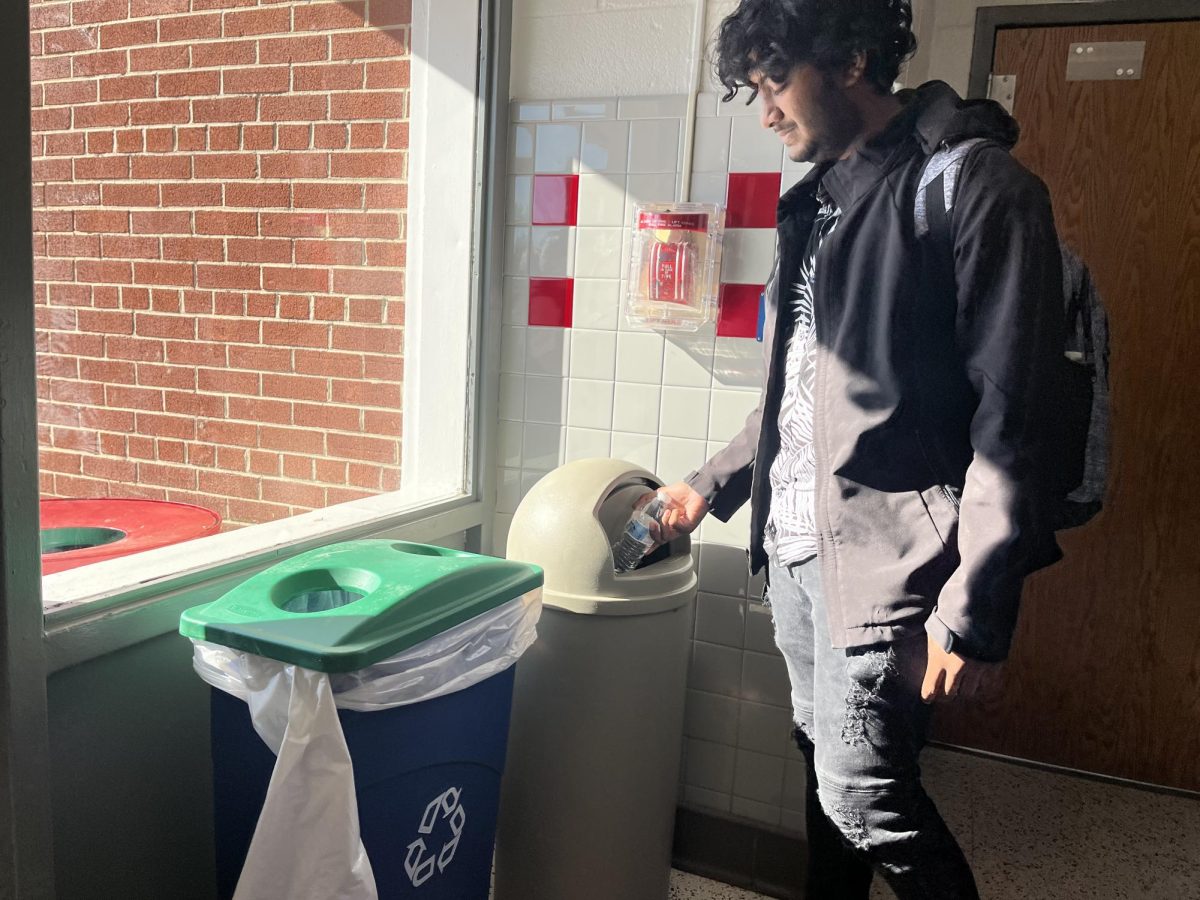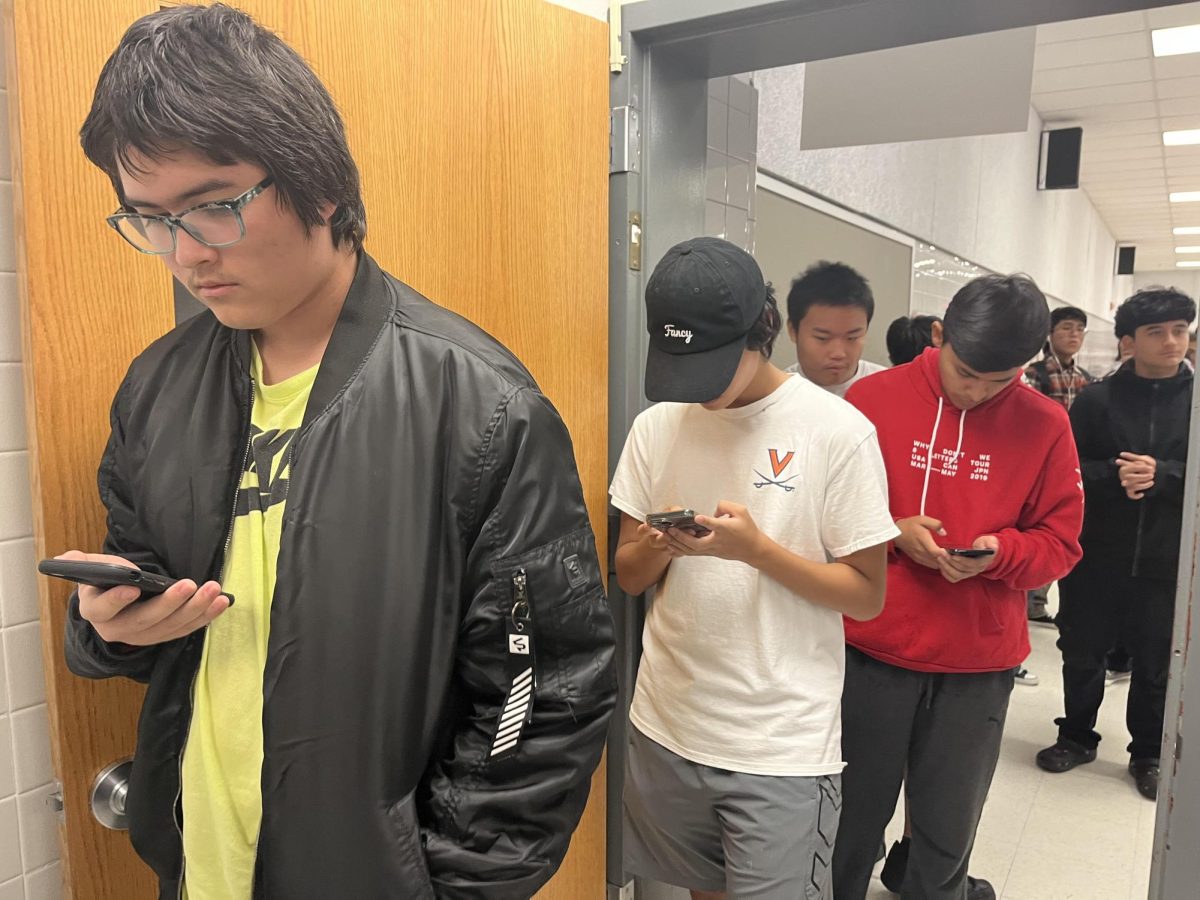 Written by The A-Blast Editorial Staff
Written by The A-Blast Editorial Staff
Emma Sullivan’s Nov. 21 tweet recounting that she told Governor Sam Brownback of Kansas that “he sucked” has revealed why students should be allowed to post updates on to social networking sites as they please.
While Sullivan’s comment was inappropriate, it brought the issue of school discipline in relation to social networking sites to the country’s attention.
As The A-Blast has written before, one of the many missions of an education is to emulate the basic functions of American society in order to teach its students how to navigate it. Among many things, this means that students must be able to exercise their right of freedom of speech, as long as it does not take away from the educational process, regardless of the popularity of the opinions they express.
Sullivan’s comment was certainly distasteful, but since when was an ‘unfavorable opinion’ grounds to punish a student? Apparently to Sullivan’s principal, who demanded the student write a letter of apology to the governor, it was grounds enough. Writing an apology should have been up to Sullivan herself, or to her parents, but certainly not to a school official.
Sullivan might have been on a school trip, and thereby representing her high school, but the tweets that she posted did not embody the opinion of the school.
Sullivan’s plight can easily be applied to AHS. Many students use social networking sites to express their frustration with teachers, and classes or anger regarding other subjects related to school. If the principal of Sullivan’s high school, or Governor Brownback had not recanted their demands, any actions dictated by these officials might have reduced students freedom of expression.
This event would have provided FCPS with a precedent of sorts to expand administrators’ scope into the lives of students. Currently, and rightly so, administrators can only take action against a student using his or her social network account if he or she directly implicates his or her respective school in order to intimidate another child.
It seems unlikely that Gov. Brownback, similar to any other public official, has not received his fair share of negative comments from his constituents. As history has demonstrated, American adults have the right to freedom of speech, and often exercise it, in order to share their frustrations with the government with the world. Why should students not be able to do the same thing?
If it is a school’s mission to facilitate balanced, political discourse among students, instead of using Sullivan’s tweet as an opportunity to admonish a student, the principal could have utilized the opportunity to relate to students how to enter a political discussion in a civil manner.
Preventing students from tweeting, posting Facebook updates or blogging as they please will only reduce the likeliness of them understanding how to take action to discuss their frustration with certain political issues, as was done by Emma Sullivan.
But more importantly, whether discussing politics or not, students have an unalienable right, no matter how informed (as long as it is not impeding upon another student’s agency or peace of mind), to post content online as they so wish. Without students having such a right, school officials will have the potential to send the wrong message to the future leaders of America.
The government’s job is not to censor language that is simply distasteful. As was demonstrated in Emma Sullivan’s case, the marketplace did its job, and was the determinant of what was distasteful.








